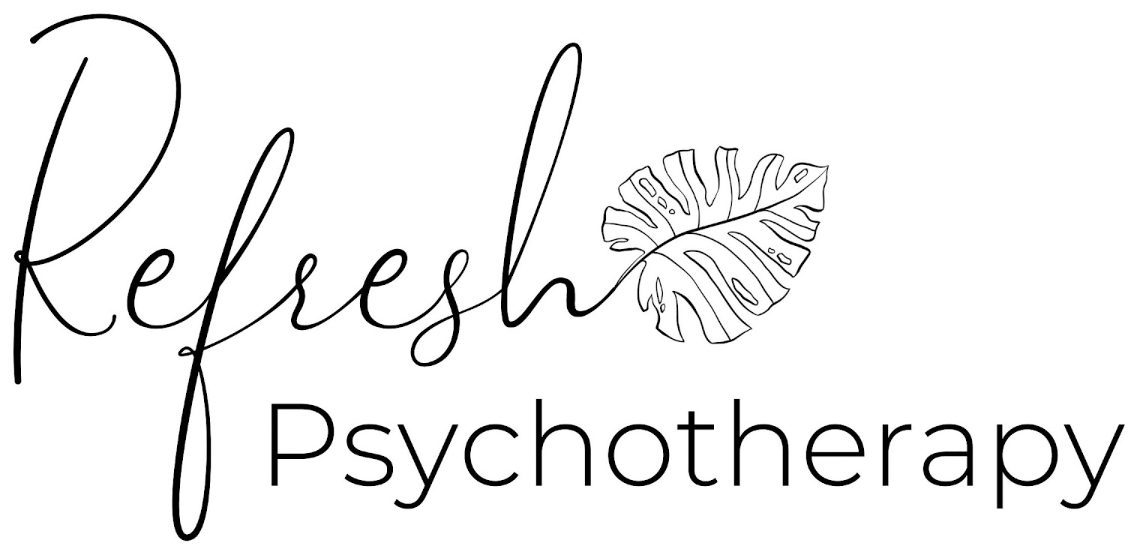Wellness and Work-Life Balance
The phrase ‘work-life balance’ is used over and over again in mental health blogs, motivational social media posts, and conversations with coworkers. It is an elusive concept, to be able to strike a balance between your personal and professional lives. Now more than ever the line between those two areas of our lives are blurred. Maybe you work from home and leaving work means moving from a couch to a bed. Maybe self-promotion is part of your job and you have to post on your social media to find work. In either case, parts of life that used to be categorized as ‘personal’ (home and social media) are now involved with work.
It is important to note that this ‘balance’ looks different for everyone. Deriving purpose and joy from work is great; but so is finding passion outside of your job. Not everyone needs to have a 50/50 split between work and home. Try not to judge yourself if you need one more than the other. Neither option is good or bad, just different. Also, the balance can change for you over time.
You deserve to structure your life the way you want. The goal of finding this balance is about taking care of your needs, not breaking your life down into a formula. Think about your priorities. Do they lend themselves to a life that feels balanced for you? If the answer to this question is ‘no’, consider why that is. Is it a result of the expectations of others impacting how you lead your life? It is harder to think about your own needs and their origins than it is to blindly do what you are told. Challenge yourself to find your own work-life balance, not the one that is expected of you.
Be kind to yourself while you are searching for what works best for you.



